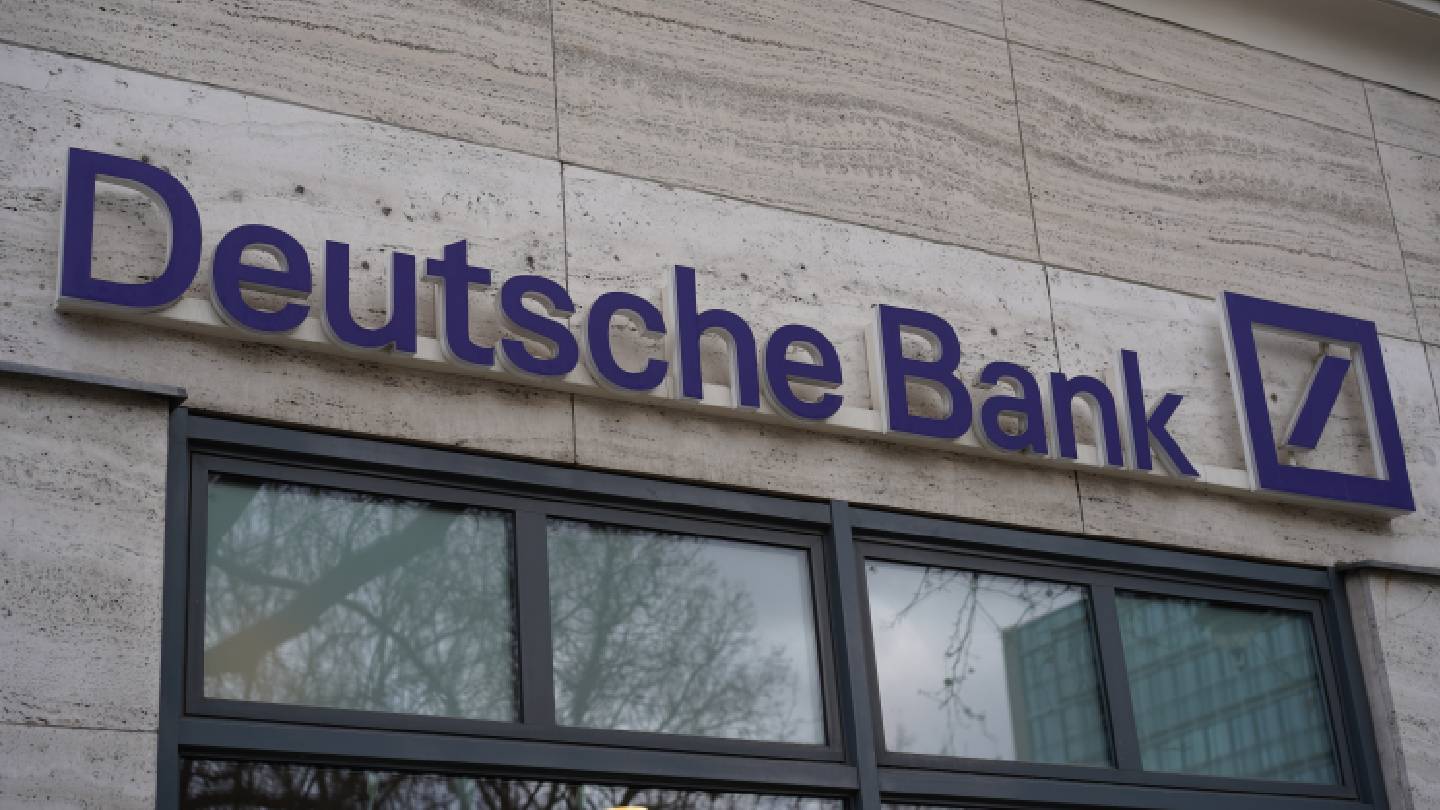
The European Central Bank (ECB) is assessing allegations that Deutsche Bank understated balance sheet risks and misrepresented its overall financial stability, the Financial Times reported, citing sources familiar with the matter.
This review is based on claims by a former Deutsche Bank employee, Dario Schiraldi, who is seeking legal action against the bank regarding the lender’s application of netting practices.

Access deeper industry intelligence
Experience unmatched clarity with a single platform that combines unique data, AI, and human expertise.
Netting is a method that banks use to consolidate and offset multiple financial obligations to reduce credit risk exposure and alter the calculation of regulatory capital requirements.
In recent months, the ECB has enquired about Deutsche Bank’s netting practices to assess how the bank applies capital regulations and manages collateral.
However, the agency has now started reviewing specific allegations outlined in the letter sent by Dario Schiraldi to the central bank last month.
In his letter, Schiraldi alleged that Deutsche’s balance sheet was “materially affected by aggressive netting and off-balance-sheet accounting techniques.”

US Tariffs are shifting - will you react or anticipate?
Don’t let policy changes catch you off guard. Stay proactive with real-time data and expert analysis.
By GlobalDataThis practice inflated the bank’s capital and leverage ratios, presenting “a misleading picture of the bank’s financial soundness to regulators and markets alike,” he added.
Deutsche’s use of netting led to the “apparent understatement of leverage exposures by over €200bn ($231.5bn)” in its 2024 financial statements, the letter said.
The ECB is yet to reportedly decide if a formal action is to be taken in response to the allegations by the former employee, such as opening a probe.
Deutsche Bank responded to the publication, stating: “We apply netting in accordance with the relevant accounting standards and generally aligned with common industry practice.”
Schiraldi has filed a separate lawsuit against his former employer, seeking €152m in damages. He claims that an internal investigation conducted by the bank played a role in his criminal conviction by an Italian court—a conviction that was subsequently overturned.
Previously, Deutsche Bank and the ECB clashed over concerns that the lender might be underestimating the number of loans likely to default.
The current scrutiny comes amid ongoing legal disputes involving Deutsche, Schiraldi, and five other former employees.
These employees were also convicted in Italy for false accounting and market manipulation in the Monte dei Paschi di Siena (MPS) case, but were acquitted later.
In a Frankfurt civil case, Schiraldi claimed that Deutsche Bank chief executive Christian Sewing supervised a defective internal audit.
This audit played a crucial role in providing the evidence that led to the conviction of Schiraldi and several other bankers in Italy in 2019.
In the letter to the ECB, Schiraldi also urged ECB to probe the role of Sewing in supervising the audit report.
Deutsche Bank was quoted by FT as stating: “As we have previously stated, Deutsche Bank considers the legal claims by former employees in this matter to be entirely without merit and will defend itself against them robustly.”
Recently, ECB lowered capital requirements for banks after strong performance in recent stress tests, enhancing their ability to make shareholder payouts.







